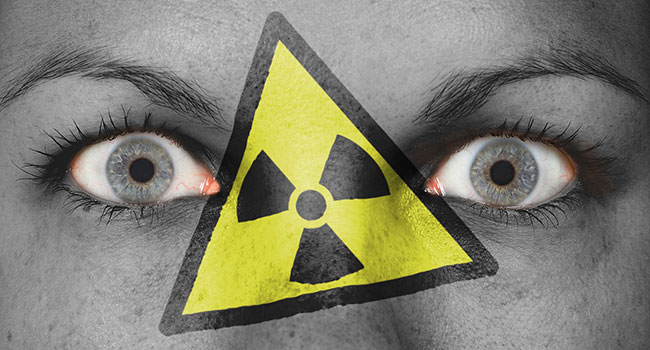Low-Dose Radiation: an Old Idea for a New Disease COVID-19
Jul 17, 2020 by CenTrial
Looking for treatments in obscure places, doctors stumbled across a century-old theory that low-dose radiation therapy (LDRT) may have been beneficial in combating pneumonia.
Since more than 52,000 of the COVID-19 deaths so far have involved pneumonia, the idea that small amounts of radiation could help patients survive is being looked at in a new light.
At least a dozen clinical trials are now testing the theory that LDRT to the lungs can halt the inflammation that spurs the development of devastating pneumonia in so many coronavirus patients.
Some doctors, however, are not convinced, worrying that trial participants may be missing out on more promising treatments, while the idea's proponents claim that every avenue should be explored, especially in light of the positive historical data.
"It seems to be such an almost emotional topic," said Dörthe Schaue, a radiation oncologist at UCLA, on the debate raging over LDRT. "You get two extremes on the spectrum and the truth is probably somewhere in the middle, where you have to consider all the pluses and minuses."
Radiation oncologist Dr. Kozono's study will include patients that will receive LDRT in just one lung, which might help them breathe while minimizing exposure to radiation which some worry may lead to cancer later in life.
"When one thinks about this being relatively low risk – one in 10,000 chance [of cancer] per year – compared to the very immediate life-threatening consequences that this infection can pose, it may be a reasonable treatment to offer to people who are hospitalized, who need to be on oxygen or on ventilators because of pneumonia from this virus," Dr. Kozono explains.
Learn more at
STATNEWS.COM
STATNEWS.COM
Next »
20,000 clinical trials are seeking participants.
Signup and be matched to trials near you
This free service will notify you of current and future clinical trial matches.
Signup and be matched to trials near you
This free service will notify you of current and future clinical trial matches.
